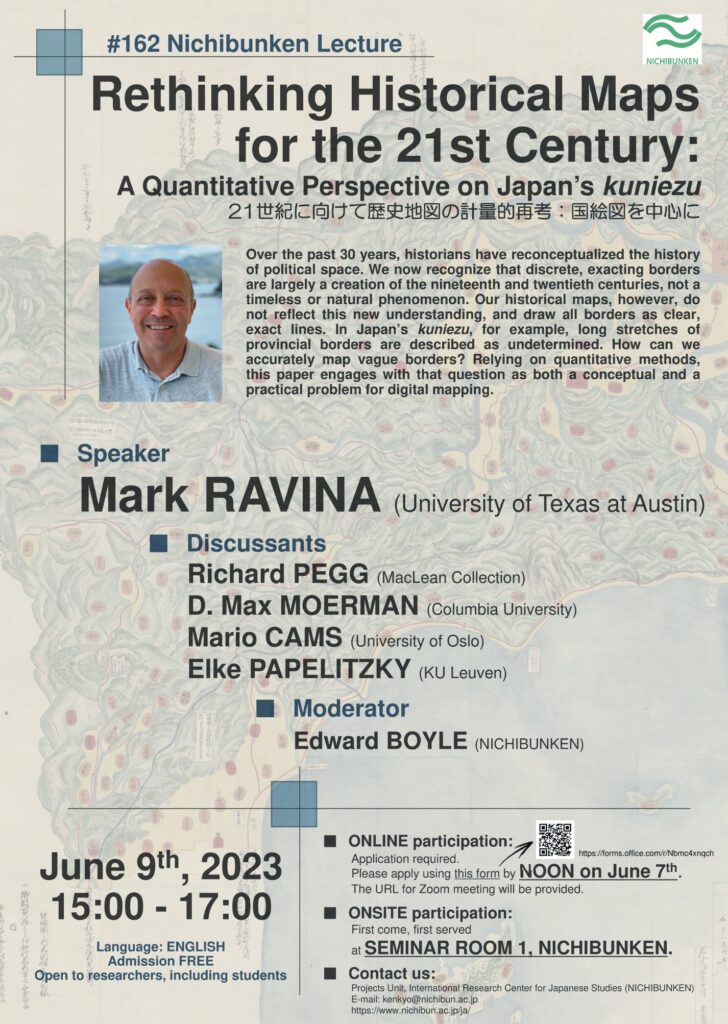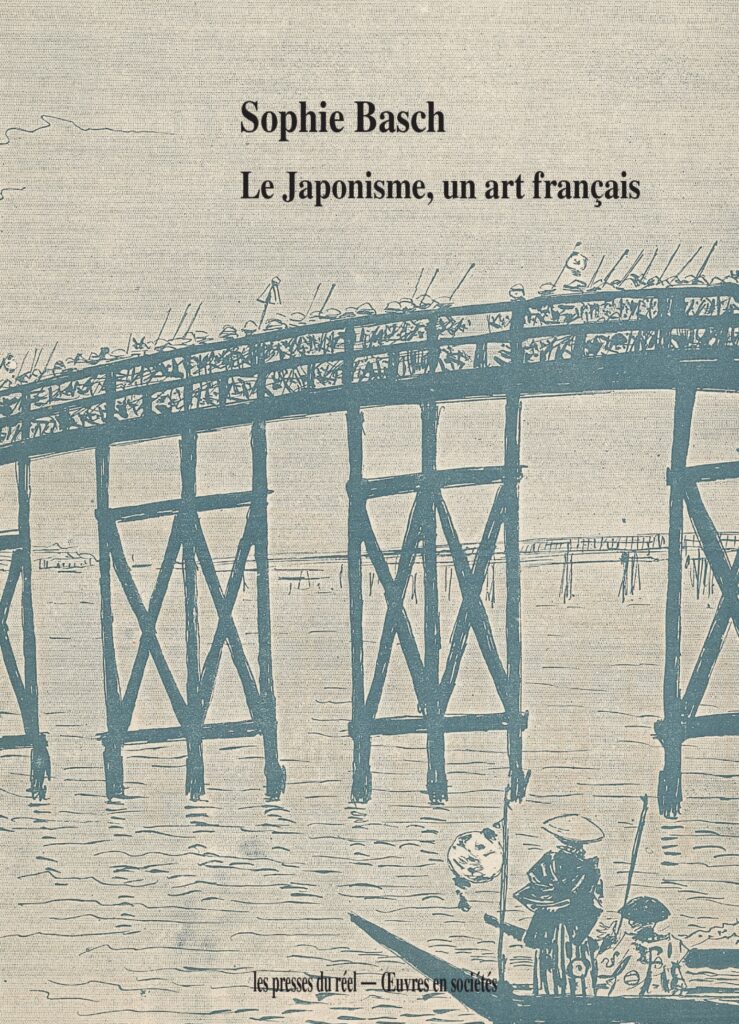La prochaine séance du cycle de conférences « Productions et pratiques culturelles du Japon contemporain » du groupe Populations japonaises (IFRAE/CRCAO) aura lieu lundi 12 juin 2023 de 10h à 12h (heure française) sur Zoom.
Session 4: Gender performances in the relationship with fictive characters (Monday June 12, 2023; 10:00-12:00)
Commentator: Mayu Negami-Handford (Lecturer, Cardiff University)
(Link to the registration form for accessing Zoom)
1. Agnès Giard (Associate Researcher, Paris Nanterre University)
Oshi-kon: Marrying a character? Gamer trouble in Japan
In Japan, the number of marriages is reaching its lowest level since the end of the Second World War. By contrast, a growing number of people – especially women – are getting engaged with characters from anime and video games. Dubbed oshi-kon (a pun on oshi, ‘favourite character’, and kekkon, ‘marriage’), marriages with characters now fuel the so-called ‘solo wedding’ business. Because such unofficial weddings are celebrated as private events, it’s nearly impossible to tell how many women enter into marriages with characters but the phenomenon is not underground anymore. To understand this phenomenon, I would like to argue that the women who ‘prefer’ to marry a character do not really make a choice. This « matrimonial dissidence » has nothing to do with escapism. Female players devote themselves to the worship of their favourite character as a form of spiritual commitment. At least, they make as if they were engaged with supernatural beings. Marrying a game character could be compared to a performance. My analysis will focus on the similarities between oshi-konpractices and the technics of make believe. As a first step, I will provide background information on the history of oshi-kon, in order to put this phenomenon in the context of Japanese society. In the second part of my demonstration, I will focus on the case of a woman who married a character from Prism of King.
2. Tôko Tanaka (Professor, University of Tokyo)
2.5 Dimensions musicals and female fan culture
In this presentation, I will introduce and discuss the « 2.5 D Musicals » phenomenon exemplified by popular productions like « The Prince of Tennis, » which emerged in Japan in the early 2000s. I will explore the activities of female fans who are drawn to these musicals, incorporating a feminist perspective. The official website of the 2.5D Musical Association defines 2.5D musicals as follows: « It is a generic term for three-dimensional stage content based on two-dimensional manga, anime, and games. This is the term used by the fans who have focused on and nurtured the genre from early on. Our association treats even productions that do not involve music or singing as 2.5-dimensional musicals ». There are three interesting aspects of 2.5-dimensional culture. Firstly, it involves a ‘dimensional transformation’ where actors (human beings) in the three-dimensional world bring to life the world created by two-dimensional characters such as manga and anime, adding a new dimension to the original context. Secondly, it is a ‘participatory culture’ in which the theatre-going audience is actively involved in the two-dimensional world of the production. Third, the fans of 2.5-dimensional musicals are mostly women and the fanzines are highly feminized. We will examine these points throughout the presentation by watching excerpts from some productions.




